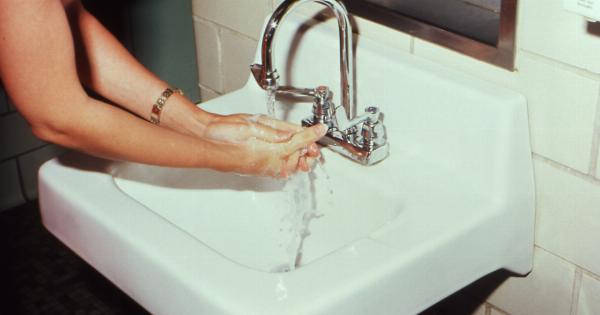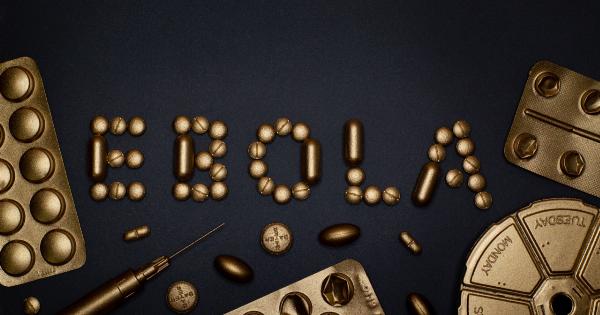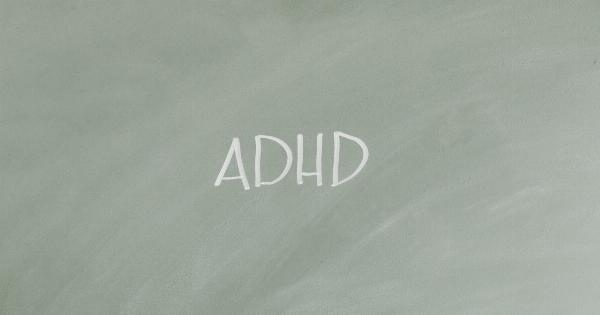Water is a basic necessity of life. Without sufficient hydration, the body cannot properly function, leading to a variety of health issues. In some cases, dehydration can even be fatal. However, with just 250 ml of water, it is possible to save a life.
Let’s dive deeper into this concept and explore how something as simple as a small amount of water can make a big difference.
The Importance of Hydration
Hydration is crucial for the human body. Water makes up a significant percentage of our bodies, and we need it to perform virtually every bodily function.
Water helps regulate body temperature, transport nutrients throughout the body, and flush out waste and toxins. Our cells, organs, and tissues all rely on water to function correctly.
When we become dehydrated, these bodily functions can be impacted, leading to a range of issues. Mild dehydration can cause headaches, fatigue, and dry mouth, while severe dehydration can cause seizures, kidney failure, and even death.
As such, it is essential to drink enough water to keep our bodies hydrated and functioning correctly.
The Dangers of Dehydration
Dehydration can be incredibly dangerous, especially in certain populations, including young children, the elderly, and individuals with chronic illnesses.
In these groups, dehydration can quickly lead to serious complications, including organ failure and death. In addition, working or exercising in hot environments can cause dehydration to occur more quickly, putting workers or athletes at an increased risk of suffering from the effects of dehydration.
How 250 ml Can Save a Life
While proper hydration is essential for overall health and avoiding dehydration, in some cases, even a small amount of water can be enough to prevent dehydration from becoming life-threatening.
For example, in emergency situations where an individual is severely dehydrated, administering just 250 ml of water can help to rehydrate them and prevent them from experiencing further complications.
This concept has been seen in real-life situations, including during the 2010 Haiti earthquake. In this disaster, individuals who had been trapped under rubble for days were rescued and given just 250 ml of water to drink.
While a small amount, this water was enough to help prevent further dehydration and save lives.
The Importance of Access to Clean Water
While 250 ml of water can make a difference in emergency situations, it is essential to note that access to clean water is crucial for preventing dehydration in the first place.
In many parts of the world, access to clean water is limited or nonexistent, leading to widespread dehydration and related health issues. In these areas, the lack of access to clean water is often a significant barrier to overall health and wellbeing.
Organizations like UNICEF and the World Health Organization are working to increase access to clean water in these regions, but there is still much work to be done.
Providing access to clean water can help prevent dehydration and related illnesses and improve overall health and wellbeing in these communities.
The Bottom Line
Water is essential for human life, and dehydration can be incredibly dangerous, even leading to death in severe cases.
While it is crucial to maintain proper hydration levels and access to clean water, in emergency situations, a small amount of water can make a significant difference. 250 ml of water can help prevent further dehydration and save lives, as seen in real-life situations such as the 2010 Haiti earthquake.
As such, it is essential to remember the importance of hydration and access to clean water for overall health and wellbeing.






























